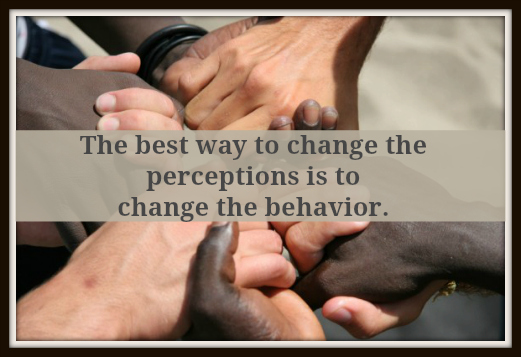The release of the Justice Department report on the Ferguson Police Department has renewed the national discussion about race relations and the police. A voice that needs to be heard in this discussion is Jason Riley. He is a senior editorial page writer at the Wall Street Journal and has been on my radio program.
Earlier this year, he gave a speech at Hillsdale College on “Race Relations and Law Enforcement” that has been reprinted in Imprimis. He acknowledges that the shooting death of a young black man by a white police officer in Ferguson touched off a national discussion. But he wants to bring some important facts to the table.
He begins by documenting that homicide is the leading cause of death for young black men in America. He also points out that 90 percent of the perpetrators are also black. It is also worth noting that 98 percent of black shooting deaths do not involve police. In fact, he says, a cop is six times more likely to be shot by someone black than the opposite.
He believes any candid debate on race and criminal justice in the country must “start with the fact that blacks commit an astoundingly disproportionate number of crimes.” African-Americans constitute about 13 percent of the population but also commit half of all the murders in the United States. The black arrest rate for most offenses (including robbery, assault, and property crimes) is “typically two to three times their representation in the population.”
He says these statistics at least explain why police officers view black men with suspicion since that demographic group commits more crimes than others. He concludes that: “The U.S. criminal justice system, currently headed by a black attorney general who reports to a black president, is a reflection of this reality not the cause.” The best way to change the perceptions is to change the behavior. But Jason Riley says that has become a taboo subject.
I applaud him for wanting to address the topic. His voice needs to be heard in this national discussion.
 Listen Online
Listen Online Watch Online
Watch Online Find a Station in Your Area
Find a Station in Your Area











 Listen Now
Listen Now Watch Online
Watch Online
